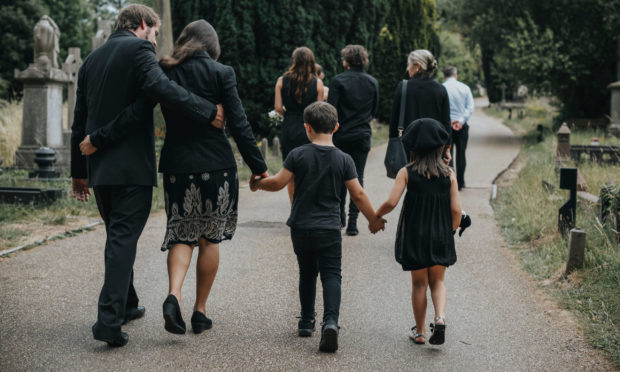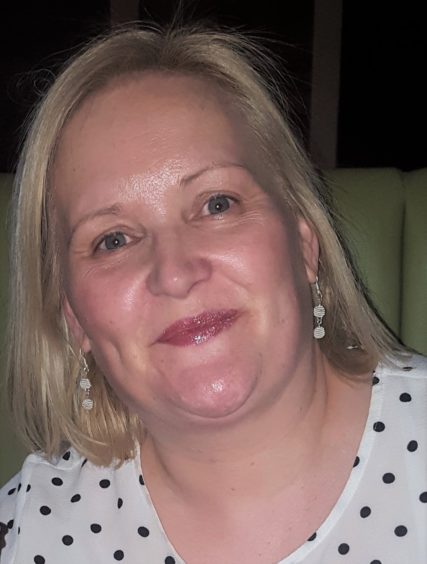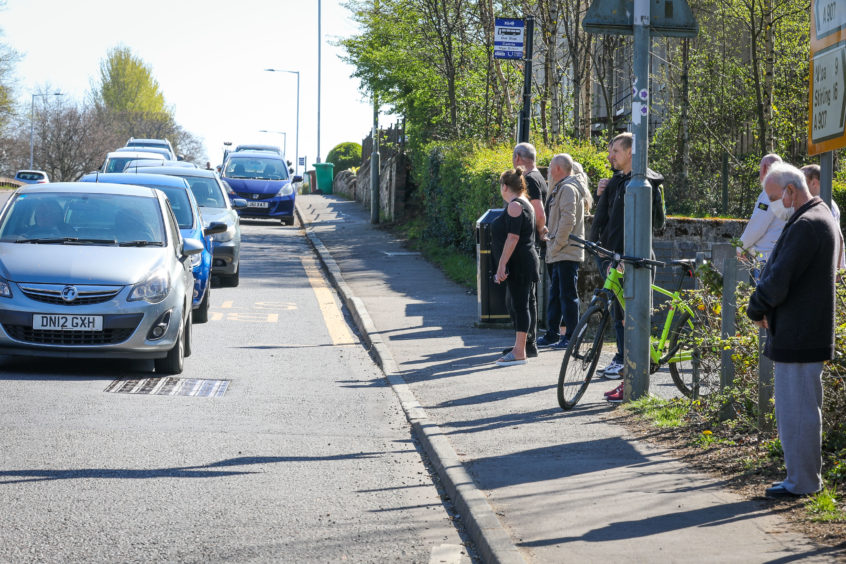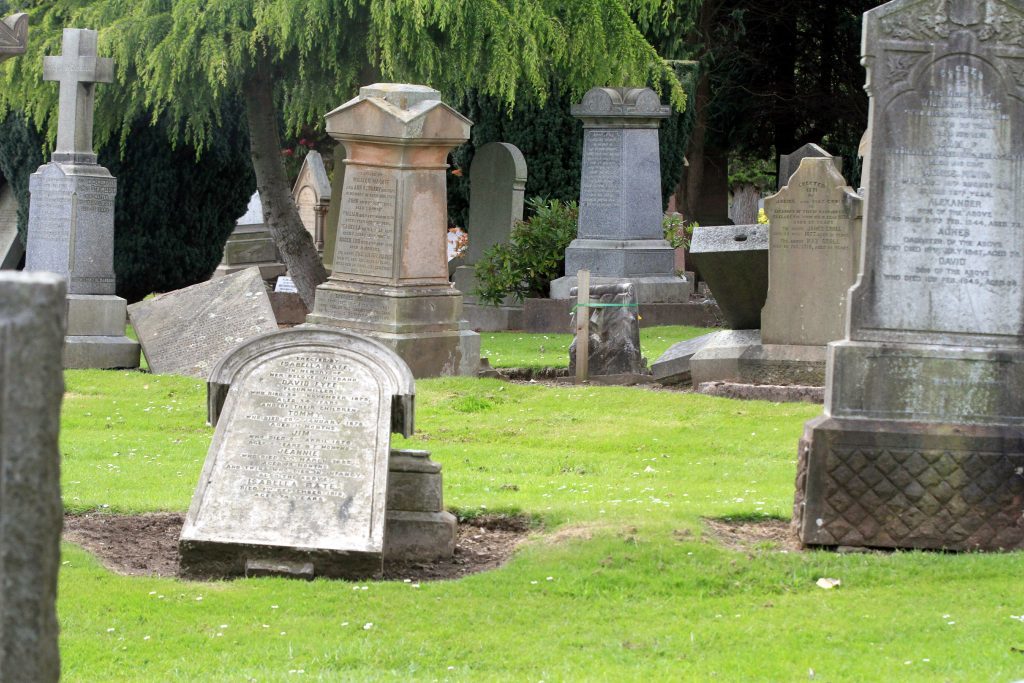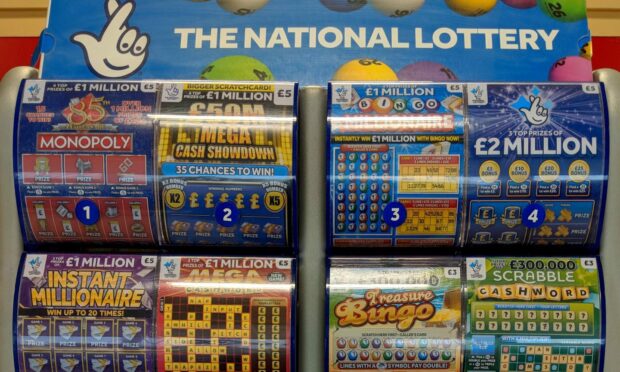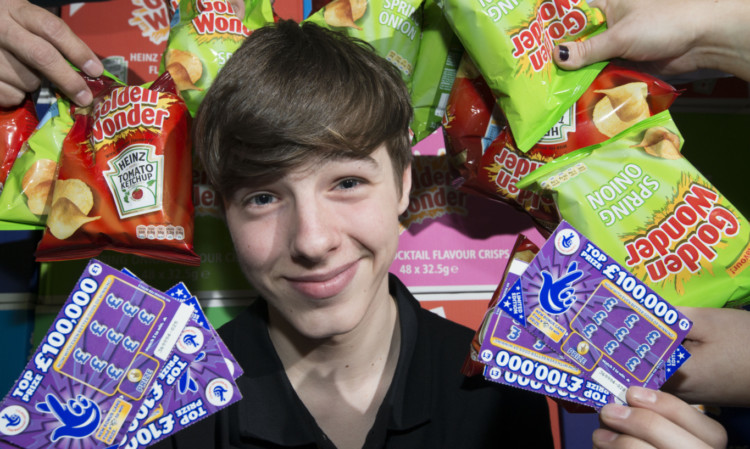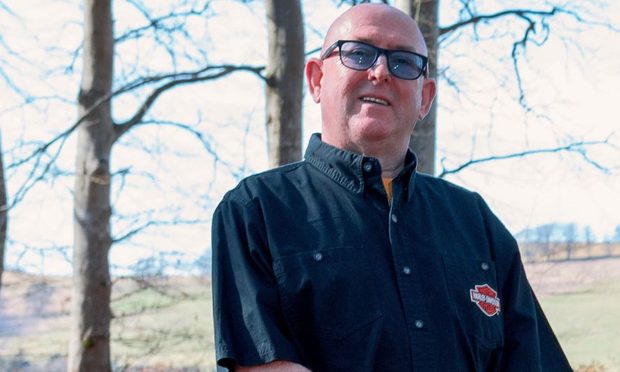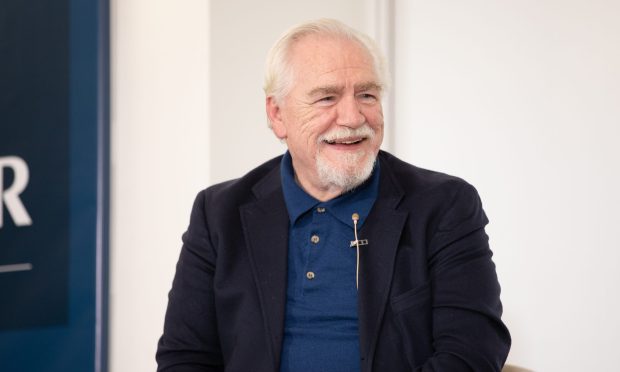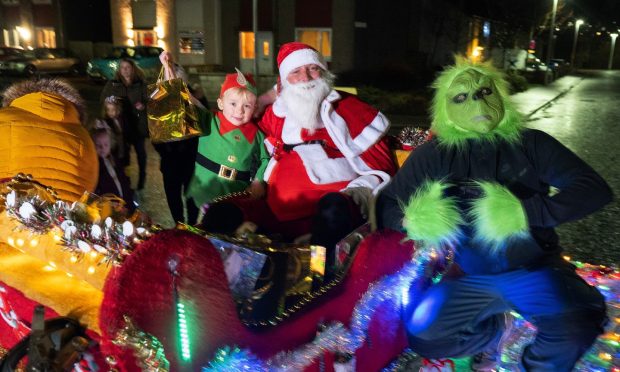Lockdown is impacting on bereaved peoples’ ability to grieve, according to counsellors, but people don’t have to struggle alone. Michael Alexander reports.
It is a natural response to loss – the often overwhelming emotional suffering people feel when something or someone they love is taken away.
But according to grief counsellors, while the loss of a loved one can be traumatic at any time, it is proving to be particularly difficult during the Covid-19 pandemic.
With changes made to end of life and palliative care and restrictions put on funerals, as recently reported by The Courier, it’s made it harder for many people to spend their final moments with or say goodbye to loved ones.
But the message from counsellors for anyone struggling is that they do not have to suffer alone.
Fiona Arnott-Barron, of Dundee, is Chief Operating Officer for Cruse Bereavement Care Scotland – the Perth-based organisation that exists to promote the well-being of bereaved people through 270 volunteers across Scotland.
She said that after an initial “dip” in people calling their bereavement helpline – the assumption being that they weren’t open when lockdown measures started in March – there had been an upswing in “much longer” calls.
However, there were also growing concerns from counsellors that grief for many was being “put on hold”.
She said: “Our average call time before coronavirus was probably around 15 minutes. Now, it’s up to about an hour.
“Normally what’s first and foremost at the front of peoples’ minds is how awful their bereavement has been.
“Now people really just need to talk about what’s happening in the external environment at the moment before they can speak about the grief. That’s unusual.”
Fiona said that under “normal” circumstances, anyone who is bereaved regardless of where they are, regardless of who they’ve lost or how they’ve died, can call the helpline.
It might be in response to a very recent death or a bereavement from decades ago.
Counsellors send out an information pack which is tailored to individual bereavement circumstances – including children – and from there, they would offer face-to-face counselling sessions.
While it’s not been possible to run these face-to-face sessions during lockdown, staff have been able to clear the waiting lists and offer phone counselling to anyone within a week.
However, Fiona said a clearer picture was emerging as to the deep anxieties facing many bereaved people, and there were concerns about the longer term psychological and physiological consequences.
“What people are reporting is obviously not being able to attend a funeral which is a big deal,” said Fiona.
“But even for those that are getting to funerals, it’s that feeling of not giving people a proper send off.
“They speak now more about the celebration of peoples’ lives but they feel they are ‘short changing’ their loved ones.
“We’re getting quite a few enquiries asking if they should do something later on. We are concerned that peoples’ grief is almost becoming a bit paused.
“It’s quite a common thing after a death for folk to say ‘if I can just get past the funeral things will settle down’. But if people feel they are still to do that bit, that’s quite a concern for us.”
Fiona said counsellors talk about “complicated grief reaction”.
Ordinarily this kind of unusual response might come from someone grieving in prison, someone unable to travel from the other side of the world to attend a funeral, or someone who had a “complicated relationship” with the deceased.
But she expected complicated grief to become “more of the norm for a while” as people come to terms with not being able grieve properly during lockdown.
The wider anxiety and uncertainty about the “bigger picture” was also taking its toll with people wanting to hold memorial services but not knowing for sure when these might be possible.
Fiona said the top three reasons that people seek Cruse Bereavement Care Scotland’s advice continued being in the wake of cancer, heart attack and suicide deaths.
Cancer deaths tend to be less of a reason for people to contact them because other services exist whether that be through hospices or hospital settings.
“People who are struggling with a death from cancer tend to come to us later,” she added.

However, she said there was definitely a “new contender” in the form of Covid-19 with a new category having to be created on their database.
Sudden deaths can be “mind blowing” for people and often led to more calls from friends and families than with other causes of death.
However, she advised anyone who is struggling not to think they are alone.
She added: “The advice would be you don’t need to be struggling with this just now. We are here, we are available. You are not wasting our time. Please get in touch because sometimes the longer people leave it the harder it can be. I’d really like to get that message across – ‘we are open and dinnae hang aboot!’”
For more information go to www.crusescotland.org.uk or phone 0845 600 2227.
